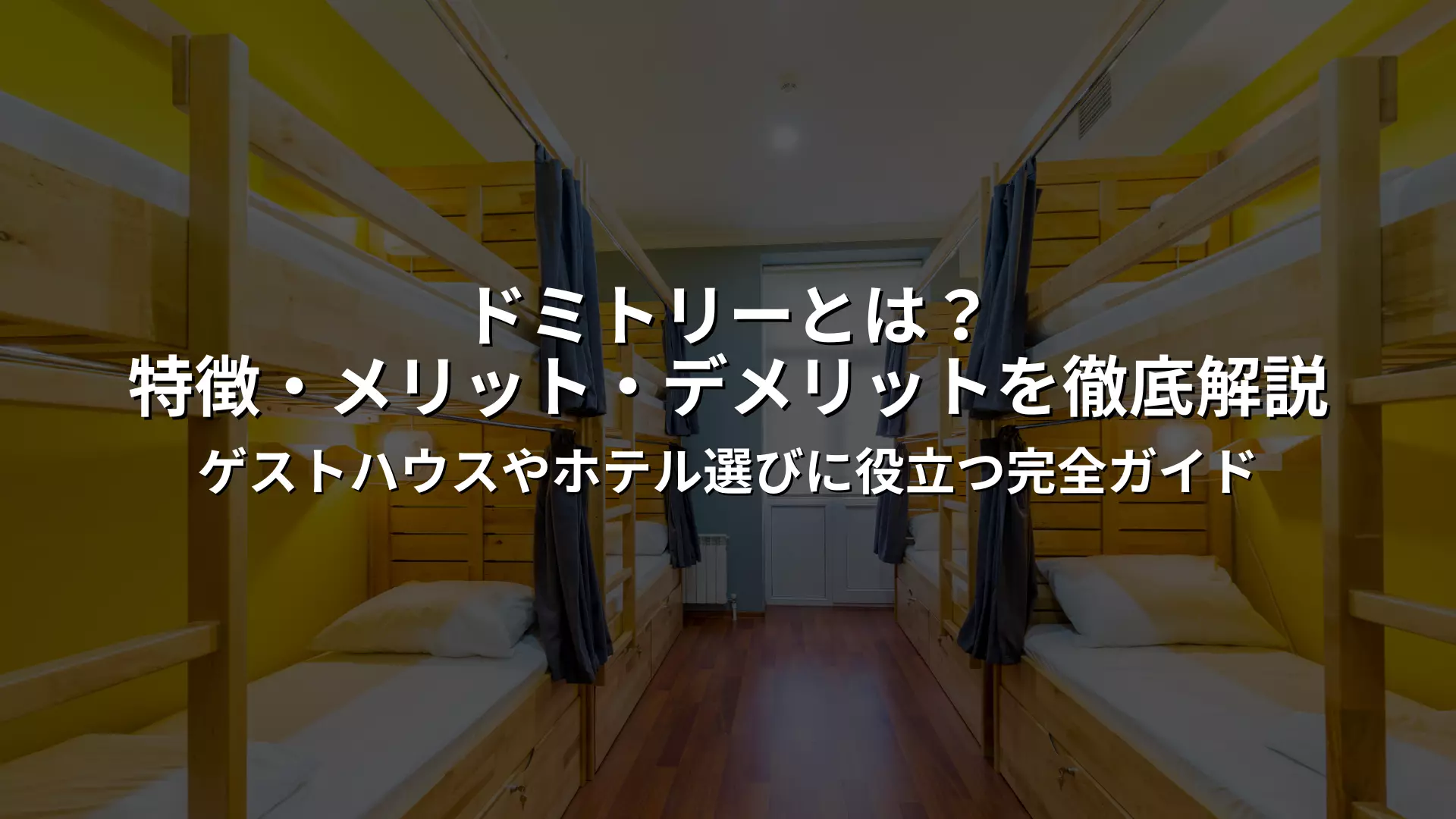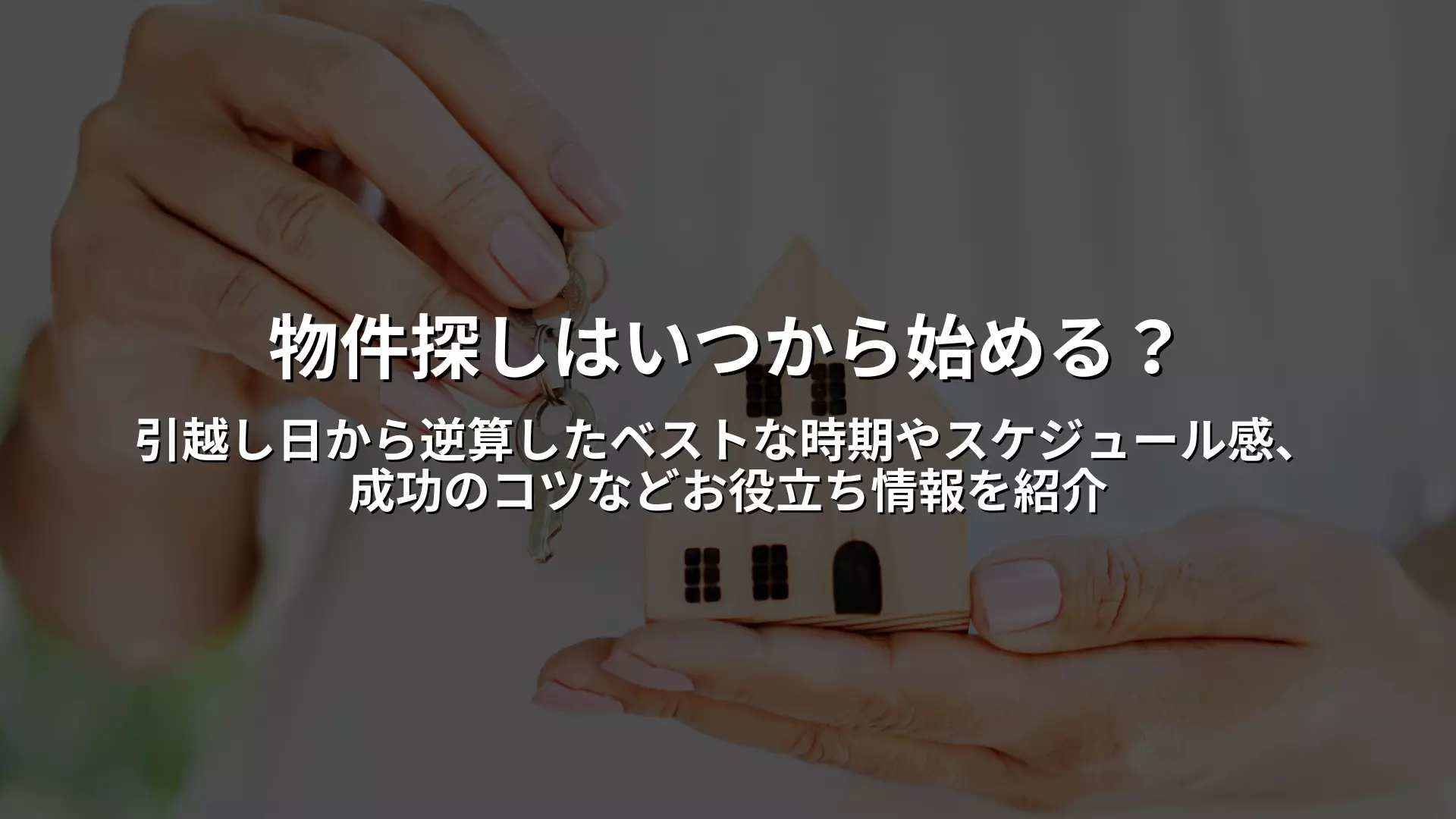What is the average cost of living for a single person?
When starting to live alone, the first thing you'll want to know is how much it will cost you each month. In this chapter, we'll use the latest data for 2025 to organize the balance between average living expenses and income.
What is the average cost of living for a single person?
Monthly living expenses for a single person vary depending on the region and lifestyle, but according to data from the Ministry of Internal Affairs and Communications' Household Survey, the national average breakdown of expenses is as follows:
- Housing costs (rent, etc.): Approximately 23,372 yen
- Food expenses: Approximately 43,941 yen
- Utility bills: Approximately 12,816 yen
- Furniture and household goods: Approximately 5,822 yen
- Clothing expenses: Approximately 4,881 yen
- Insurance medical expenses: Approximately 8,394 yen
- Transportation and communication costs: 20,418 yen
- Educational and recreational expenses: Approximately 19,519 yen
- Other: Approximately 30,375 yen
According to this survey, total living expenses, including rent, were just under 170,000 yen, which is on the rise from the previous year due to the recent rise in prices.
The reason why the average housing costs appear relatively low is because it includes cases where people live in their own homes or with relatives; if they rent a home in an urban area, the rent can be around 60,000 to 80,000 yen.
Living expenses should be around 60-70% of your take-home pay
The key to managing your living expenses is to balance them with your income. Generally, it is considered ideal to keep your living expenses at 60-70% of your take-home pay. For example, if your take-home pay is 200,000 yen, it is recommended that your living expenses be capped at around 130,000-140,000 yen. By putting the remaining amount into savings or emergency preparedness, you can achieve a comfortable and stable lifestyle.
If your living expenses exceed your take-home pay, you risk not being able to save money for the future or be unable to handle unexpected expenses. For this reason, it is important to build your household budget based on "how much you can spend" rather than "how much it will cost."
Breakdown of living expenses | Fixed expenses, variable expenses, and other expenses
To accurately understand the cost of living for a single person, it is effective to categorize expenses by type. In this chapter, we will divide living expenses into "fixed costs," "variable costs," and "other," and explain the main items included in each category and an estimate of the average amount.
Fixed expenses: expenses that are roughly the same every month
Fixed expenses are expenses that occur in roughly the same amount every month. When living alone, fixed expenses account for the largest proportion of your expenses.
The main items are as follows:
- Rent (including management and maintenance fees): Approximately 30,000 yen (Tends to be more expensive in central Tokyo)
- Communication costs (smartphone/internet): 7,000 to 10,000 yen
- Subscriptions (videos, music, apps, etc.): 1,000 to 3,000 yen
- Insurance fee (if you have private medical insurance): 0 to 5,000 yen
Fixed expenses are the expenditures that support the base of life, and by reviewing them, you can significantly reduce your expenses. In particular, changing your smartphone plan and canceling unused subscriptions are effective ways to save money.
Variable expenses: expenses that vary greatly depending on how they are used
Variable expenses are expenses that change from month to month. They are also areas where you can save money depending on your lifestyle and awareness.
The main items are as follows:
- Food expenses: 40,000 to 43,000 yen
- Utilities (electricity, gas, water): 10,000 to 15,000 yen
- Daily necessities: Around 5,000 yen
- Transportation fee: 5,000 to 10,000 yen
- Entertainment and entertainment expenses: 10,000 to 20,000 yen
Among variable expenses, food expenses are the ones that tend to show the biggest differences. You can keep costs down by cooking at home, but expenses tend to increase if you eat out or use convenience stores more often. Utility costs also fluctuate depending on the season, with heating and cooling costs tending to increase in summer and winter.
Other: irregular expenses and savings
"Other expenses" include expenses that don't necessarily occur every month and purposeful spending of money.
- Medical expenses: from several thousand yen (paid at hospitals and pharmacies)
- Clothing and beauty expenses: Varies by month (average 3,000-8,000 yen)
- Miscellaneous expenses: Set aside several thousand yen as a contingency fund
- Savings/funding: 3,000-10,000 yen per month (depending on goal)
In order to have a comfortable lifestyle, it is ideal to incorporate savings into your budget in advance as part of your expenses. It is a good idea to set aside an "unexpended reserve" of about 10,000 yen per month to prepare for unexpected expenses.
Search from 6,630 rooms of 990 properties
Ideal balance of living expenses based on take-home pay
When considering the breakdown of your living expenses, the most important thing is to "keep your spending in a balance that suits your income." In this chapter, we will introduce the ideal allocation of expenses based on your take-home pay and explain the concept of reasonable household budget management.
Case of take-home pay of 150,000 yen
Students and new graduates with take-home pay of around 150,000 yen will need to significantly cut down on their spending. If you don't have money sent home from your parents or rent assistance, it's especially important to find ways to keep your rent down.
- Rent: 40,000 yen (choose the cheapest property possible)
- Food expenses: 20,000 yen (based on self-catering)
- Utility costs: 10,000 yen (adjusted according to the season)
- Communication costs: 7,000 yen (consider using a low-cost SIM card)
- Transportation and daily necessities: 8,000 yen
- Entertainment and entertainment expenses: 5,000 yen
- Miscellaneous expenses/savings: 5,000 yen
It would be good if you could save at least 5,000 yen a month while maintaining a minimum standard of living. If your take-home pay is in the 150,000 yen range, the ideal amount would be 100,000 yen or less, including rent.
Cases where take-home pay is 200,000 yen or 250,000 yen
If your take-home pay is between 200,000 and 250,000 yen, you can plan your household budget with a certain amount of leeway. You will be able to organize your expenses and allocate the money to savings and self-investment.
Estimated for a take-home pay of 200,000 yen
- Rent: 60,000 yen
- Food expenses: 30,000 yen
- Utility bills: 12,000 yen
- Communication fee: 8,000 yen
- Daily necessities and transportation expenses: 10,000 yen
- Entertainment and entertainment expenses: 15,000 yen
- Miscellaneous expenses/savings: 15,000 yen
If your take-home pay is 250,000 yen, you'll have an additional 10,000 to 20,000 yen in leeway. If you can avoid significantly increasing your fixed expenses, such as rent, it's realistic to save more than 20,000 yen per month.
The golden balance for living expenses is said to be a ratio of 70:3 or 8:2. First, keeping living expenses within 70-80% of your take-home pay and establishing a system that allows you to consistently save even a few thousand yen each month is important for maintaining a stable life on your own for the long term.
Examples of living expenses | Comparison by student, working adult, and gender
The breakdown of living expenses varies greatly depending on your attributes and lifestyle. In this chapter, we will compare the actual differences and characteristics of living expenses for people living alone, taking examples of students, working adults, and men and women.
Examples of university students living alone (with or without money sent home)
University students living alone tend to have limited sources of income, so living expenses tend to be quite low. Living expenses are greatly affected by whether or not they receive money from their parents, scholarships, or part-time work.
[Allowance provided (rent subsidy included)]
- Rent: 30,000 yen (student apartments and rent subsidies available)
- Food expenses: 20,000 yen (mainly self-catering)
- Utility bills: 8,000 yen
- Communication fee: 5,000 yen (low-cost SIM)
- Entertainment expenses, daily necessities, etc.: 12,000 yen
- Total: Around 75,000 yen
[No allowance sent home (mostly part-time work)]
- Rent: 50,000 yen (one-room rental)
- Food expenses: 25,000 yen (eating out is also a little high)
- Utility bills: 10,000 yen
- Communication fee: 6,000 yen
- Entertainment expenses, daily necessities, etc.: 15,000 yen
- Total: Around 106,000 yen
Since your spending leeway will change depending on whether or not you receive money from your parents, it is important to adjust your part-time shifts and be frugal.
Cases of working adults (urban/rural areas)
Once you enter the workforce, your income increases, but expenses also tend to increase due to rising rents and living standards. Rent and transportation costs are particularly likely to show large differences between urban and rural areas.
[Urban area (living in Tokyo's 23 wards)]
- Rent: 80,000 yen
- Food expenses: 35,000 yen (mostly eating out or delivery)
- Utility bills: 12,000 yen
- Communication fee: 10,000 yen
- Transportation and daily necessities: 15,000 yen
- Entertainment expenses/hobbies: 20,000 yen
- Total: Around 172,000 yen
[Regional cities (Sendai, Fukuoka, etc.)]
- Rent: 50,000 yen
- Food expenses: 28,000 yen (balanced between cooking at home and eating out)
- Utility bills: 10,000 yen
- Communication fee: 8,000 yen
- Transportation and daily necessities: 10,000 yen
- Entertainment expenses/hobbies: 15,000 yen
- Total: Around 121,000 yen
Even if your take-home pay is the same, the amount you can save can vary by 20,000 to 50,000 yen or more depending on your region.
Living patterns and ideas of women living alone
Women living alone tend to have a certain amount of expenditures on beauty, clothing, and health, and the number of items tends to be slightly higher than men. However, they also tend to have a strong sense of saving and managing their finances, and they also tend to use household accounting apps more often.
- Rent: 65,000 yen
- Food expenses: 30,000 yen (health-conscious, often cooks at home)
- Utility bills: 10,000 yen
- Communication fee: 8,000 yen
- Beauty/clothing expenses: 8,000 yen
- Medical expenses: 3,000 yen
- Daily necessities, entertainment expenses, etc.: 15,000 yen
- Total: Around 139,000 yen
Many women tend to spend their money with consideration for "safety and security" and "being themselves," and are known for planning their living expenses in a balanced way that values quality of life (QOL) while also being frugal.
Search from 6,630 rooms of 990 properties
Practical ways to save money
Keeping living expenses down is the foundation of household finances when living alone. In this chapter, we will introduce money-saving techniques that you can start putting into practice today while reviewing fixed and variable expenses. Saving money does not mean just being patient; it is important to be creative and optimize your spending.

Review fixed costs | Reduce expenses by reviewing contracts
Once you sign a contract, there are few opportunities to review fixed costs, but this is where you can make savings. Monthly communication fees and rent in particular account for a large portion of living expenses, so by effectively reviewing them, you can reduce your spending.
- Review your smartphone plan: Switching from a major carrier to a low-cost SIM can save you over 5,000 yen per month.
- Compare internet lines: Make sure there are no unnecessary optional contracts.
- Rent negotiations and moving: When it's time to renew your lease, it's also a good idea to look for a property with better conditions for the same rent.
- Streamline your subscriptions: Review unused video streaming, music, and app charges and cut your monthly spending by 1,000 to 2,000 yen.
Reduce variable costs | Daily actions
Variable expenses are items that can vary greatly depending on your daily habits. The key is to incorporate ways to save money that are effective immediately and stress-free.
[How to save on food costs]
- Cook at home, buy in bulk, and prepare food in advance to avoid wasting ingredients
- Shop on supermarket sale days and discount times
- Reduce the frequency of going to convenience stores or ordering delivery services
[How to save on utility bills]
- Use heating and cooling at different times during the summer and winter to prevent unnecessary energy consumption
- Keeping the air conditioner on can sometimes save energy, so check your electricity bill trends.
- Unplug unused appliances (to reduce standby power consumption)
[How to save on daily necessities and entertainment expenses]
- Make a list of what you need to avoid unnecessary purchases
- Decide your budget in advance for drinking parties and outings
- Get everyday items cheaply by using Mercari and flea market apps
Useful apps for managing your household finances
To continue saving, it's important to "visualize the flow of money." The key to continuing is to make it easy to manage your household finances without any stress. Below is an example of a household accounting app, but you can also manage your finances in Excel or by hand, depending on your style.
- Money Forward ME: An automated household accounting system that can be linked to banks, cards, and electronic money. It also features a variety of graphs and reports on income and expenditure.
- Zaim: Intuitive receipt scanning and expense categorization. Budgeting and spending analysis are also easy.
- OsidOri: Can also be used as a shared household account book, making it convenient for managing expenses with your partner.
By using these apps, you can see at a glance how much you are spending on each item, and clearly prioritize your savings.
Things to prepare before starting to live alone
Living alone requires not only managing living expenses, but also initial costs and preparing your living environment. In this chapter, we will explain the points you should check before actually starting to live alone and the preparations you should make to start your new life smoothly.
Estimated initial costs and breakdown
When living alone, you will need to pay a large amount of initial costs when you move in. You may be asked to pay the equivalent of several months' rent, so be sure to set aside a budget in advance. Below is an example of a breakdown of typical initial costs.
- Deposit and key money: 1-2 months' rent each
- Brokerage fee: One month's rent (some properties are free)
- Advance rent (first month): 1 month
- Fire insurance premium: Approximately 15,000 to 20,000 yen
- Key change fee, cleaning fee, etc.: 10,000 to 30,000 yen
A good guideline is to have a total of about 4 to 6 months' rent. For example, if the rent for a property is 60,000 yen, you will need a lump sum of about 200,000 to 350,000 yen.
Preparing furniture, appliances, and daily necessities
Prepare the minimum necessary furniture, appliances, and daily necessities in advance so that you can start living there immediately after moving in. Here are some examples of items you will need in the early stages.
- Home appliances: refrigerators, washing machines, microwave ovens, rice cookers, lighting fixtures
- Furniture: bed, desk, chair, curtains, storage shelf
- Daily necessities: cooking utensils, tableware, cleaning supplies, toilet paper, detergents, etc.
If you were to buy everything new, it could cost over 100,000 yen, but you can significantly reduce costs by using recycle shops, flea market apps, or buying items from your parents' home.
Living expenses simulation and income/expenses planning
Before you start living alone, it's important to simulate your monthly income and expenses. Organize the following items in advance:
- Monthly take-home pay (part-time/salary)
- Fixed costs such as rent and communication fees
- Variable expenses such as food, utilities, and daily necessities
- Estimates of initial costs and non-recurring expenses
- Estimate how much you can save each month
By making a lifestyle plan that you can continue without difficulty, you can live alone with less stress.
Search from 6,630 rooms of 990 properties
The idea of a "share house" as an option for living alone
For those who want to keep their living expenses down while still enjoying a comfortable living environment, a "share house" is an option. In recent years, there has been an increase in properties that are not only cheap in rent but also highly convenient, with furniture, appliances, utilities included, and Wi-Fi available, making them particularly suitable for those living alone for the first time.
Advantages of a share house
The main benefits of a share house are as follows:
- Initial costs are kept low (no deposit or key money required, no need to purchase furniture or appliances)
- Easy to understand monthly costs including utility and communication fees
- Some properties come with cleaning services and delivery boxes
- There is adequate interaction with other residents, so there is little feeling of loneliness.
For those who want to balance cost and convenience while still cherishing their own space, a shared house can be a reasonable option.
With Cross House, you can start living alone right away without any hassle.
Cross House is a housing service brand that offers shared houses and monthly rentals throughout Japan, with a focus on Tokyo.
The following services are available to help you start living alone for the first time with peace of mind.
- Furnished and equipped with appliances: The apartment comes fully equipped with all the necessary amenities for daily life, such as a bed, refrigerator, washing machine, and air conditioner, greatly reducing the hassle of moving.
- Low initial costs: Many properties do not require a deposit, key money, or brokerage fee, so you can start living right away.
- A clear pricing structure that includes utilities and Wi-Fi: Since they are included in the monthly fee, it is easy to forecast living costs and manage your budget.
- Available for as little as one month: You can choose your residence flexibly according to life events such as changing jobs, continuing education, or preparing to move to Tokyo.
Additionally, many of the properties are located near stations and in popular areas, making them convenient for commuting to work or school. Cross House share houses are a very practical option that meets the needs of those who want to live comfortably while keeping costs as low as possible.
Summary | Visualize your living expenses and choose a home for a comfortable life alone
The key to successfully living alone is to first understand the breakdown of your living expenses and balance them according to your take-home pay. Use the averages for each item, such as rent, utilities, and food, as a reference to build a comfortable household budget.
Choosing your housing is also important in keeping living expenses down. Reducing rent, which accounts for a large portion of fixed costs, can make a big difference in your overall expenses. By staying in a shared house like Cross House, which comes with furniture and appliances, you can keep down both initial costs and monthly expenses, making it easy to start living alone.
If you want to achieve a lifestyle that suits you while keeping costs down, consider a Cross House share house. First, check out the property information on the official website.





























